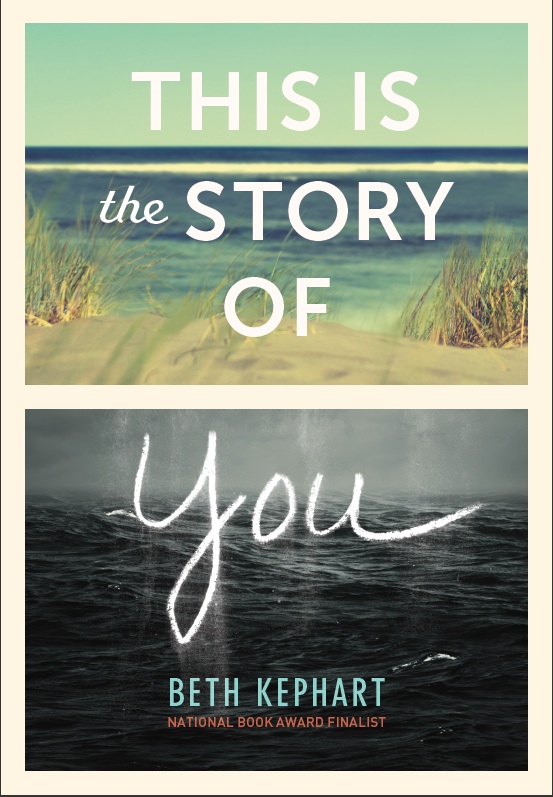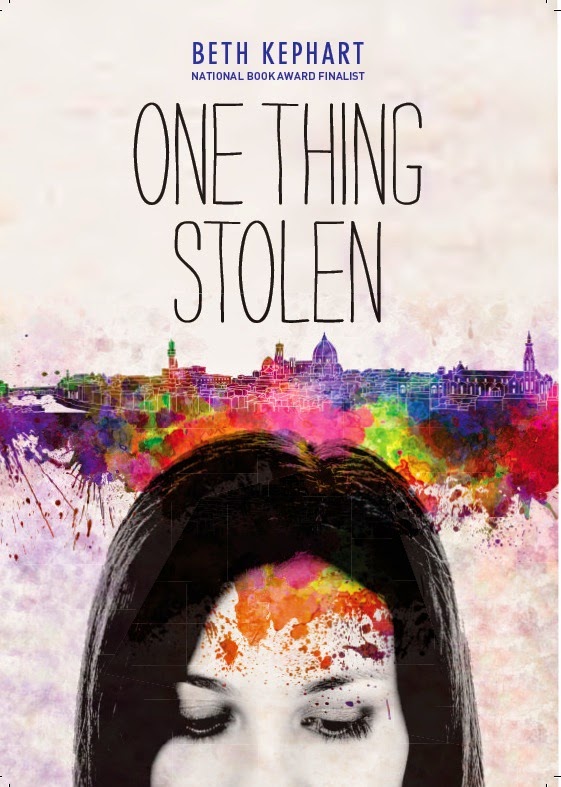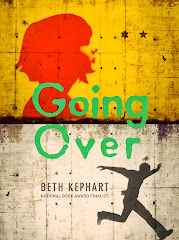The Art of the Interview (and Narrative Profiles): thank you, John McPhee
Saturday, April 5, 2014
Thank you, John McPhee.
Here I am, set to begin the narrative profile component of English 135.302 at Penn, set, as a matter of fact, to teach the art of the interview this coming Tuesday (this very one), and there you are in the pages of The New Yorker, with your essay "Elicitation."
Your timing, as always, is impeccable.
I am tempted to quote the entire piece back to my students, back to the world. I will honor the rules of borrowing and quote just a tad. Here we go:
Here I am, set to begin the narrative profile component of English 135.302 at Penn, set, as a matter of fact, to teach the art of the interview this coming Tuesday (this very one), and there you are in the pages of The New Yorker, with your essay "Elicitation."
Your timing, as always, is impeccable.
I am tempted to quote the entire piece back to my students, back to the world. I will honor the rules of borrowing and quote just a tad. Here we go:
Whatever you do, don't rely on memory. Don't even imagine that you will be able to remember verbatim in the evening what people said during the day. And don't squirrel notes in a bathroom—that is, run off to the john and write surreptitiously what someone said back there with the cocktails. From the start, make clear what you are doing and who will publish what you write. Display your notebook like a fishing license.And:
You can develop a distinct advantage by waxing slow of wit. Evidently, you need help. Who is there to help you but the person who is answering your questions? The result is the opposite of the total shutdown that might have occurred if you had come on glib and omniscient. If you don't seem to get something, the subject will probably help you get it. If you are listening to speech and at the same time envisioning it in print, you can ask your question again, and again, until the repeated reply will be clear in print. Who is going to care if you seem dumber than a cardboard box? Reporters call that creative bumbling.In two weeks, Michael Sokolove will come to Penn and speak to my class as well as the students now being taught by my friend Avery Rome about this interviewing thing. He'll talk as well about his exceptional book, Drama High. John McPhee, you've given us more to ponder. And I (as I always am with you) am grateful.

















0 comments:
Post a Comment